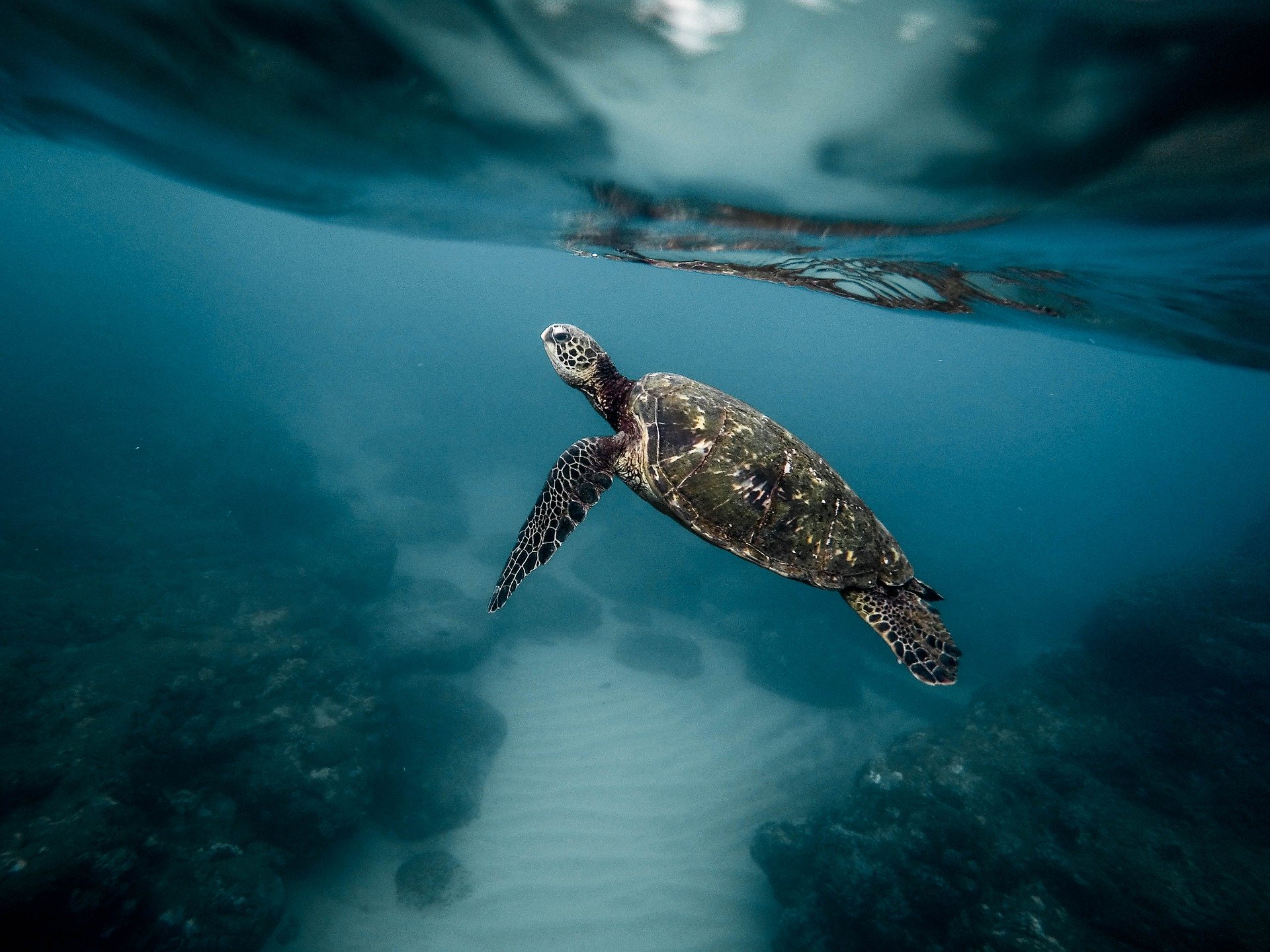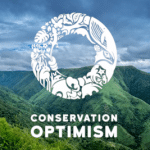Wondering what went right this week in the conservation world? We’ve got you covered with our Conservation Optimism Round-Up! Each week we are collating stories of optimism from around the globe so that you never miss your dose of Monday Motivation.
1. The National Marine Aquarium and the Ocean Conservation Trust are cultivating eelgrass to restore seagrass beds in the UK
This initiative is being funded and coordinated by the LIFE Recreation ReMEDIES project and aims to restore eelgrass beds back to their former glory.
2. Brazilian frog believed ‘extinct’ for 50+ years, found with e-DNA testing
“A Brazilian frog species, Megaelosia bocainensis, thought to have gone extinct in 1968 has been found with eDNA testing, which picks up the traces of environmental DNA that are left behind by living organisms in soil, water and air.”
Brazilian frog believed ‘extinct’ for 50+ years, found with eDNA testing - Conservation news https://t.co/g29nZvQtC5 #conservationoptimism
— John Pemberton (@TeuchterNature) October 8, 2020
3. Lahontan cutthroat trouts can now access their historic spawning grounds in Nevada after 115 years
“US and tribal officials are celebrating the completion of a $34 million fish bypass system at a Nevada dam that will allow a threatened trout species to return to some of its native spawning grounds for the first time in more than a century.”
After 115 years, Lahontan Cutthroat #Trout and other #fish species can now access their historic spawning grounds thanks to #FishPassage in #Nevada! #freshwater #rewilding #rivers #nature #wildlife #conservationoptimism #conservation #LetNatureThrivehttps://t.co/KjP4ETpDZf
— Global Conservation Solutions (@_GCS_) October 10, 2020
4. Tasmanian devils reintroduced into the wild in mainland Australia for the first time in 3,000 years
“The team at Aussie Ark will monitor the marsupials in the 400-hectare wildlife sanctuary through camera traps, radio collars and surveys to check on how the marsupials are adjusting to life in the wild.”
5. 3D-printed eggs fitted with GPS could prevent sea turtle eggs from being trafficked
“Fake eggs fitted with tracking devices could help expose the traffickers who seek to profit from endangered sea turtles, a study suggests.”
Ever since the #conservationtech panel at #ConservationOptimism with @MeganCromp @lemurwrangler @Al2kA and Sarah Sharif@Exp_Civics last year, I love hearing about innovative ways tech can be used to protect wildlife!https://t.co/yhk3naxDUH @ConservOptimism
— Nina Seale (@hirundonova) October 6, 2020
6. Several species of vultures are on the road to recovery in Nepal thanks to conservation efforts
“Nepal has established itself as a pioneer in vulture conservation over the years, and the birds are now showing signs of coming back.”
South East Asia first began seeing a decline in #vultures in the 1990's..a story that gives hope..Nepal has become the vulture conservation capital of the world! #ConservationOptimism #Biodiversity @BirdLife_News #BirdsOfPrey #Ecology #NatureBasedSolutions https://t.co/Iibhf41wDI pic.twitter.com/SuGIbPC2OZ
— Mel dawson (@Meldawson6) October 8, 2020
7. African Parks commits to long-term protection of Nyungwe National Park in Rwanda
“The Government of Rwanda and conservation non-profit African Parks announced Wednesday October 7th the signing of a new 20-year agreement for Nyungwe National Park, a commitment which will ensure the sustainable management of the largest expanse of forest in the country.”
Rwanda and African Parks commit to long-term protection of Nyungwe National Park https://t.co/2lNkn2PDZv
— Dr James Borrell (@James_Borrell) October 7, 2020
Oh wowowowowowow, such a wonderful, spectacular chonk of a forest - such brilliant news. #conservationoptimism
Have a story to share for our weekly round-up? Use #ConservationOptimism on Twitter, Facebook, LinkedIn and Instagram!


